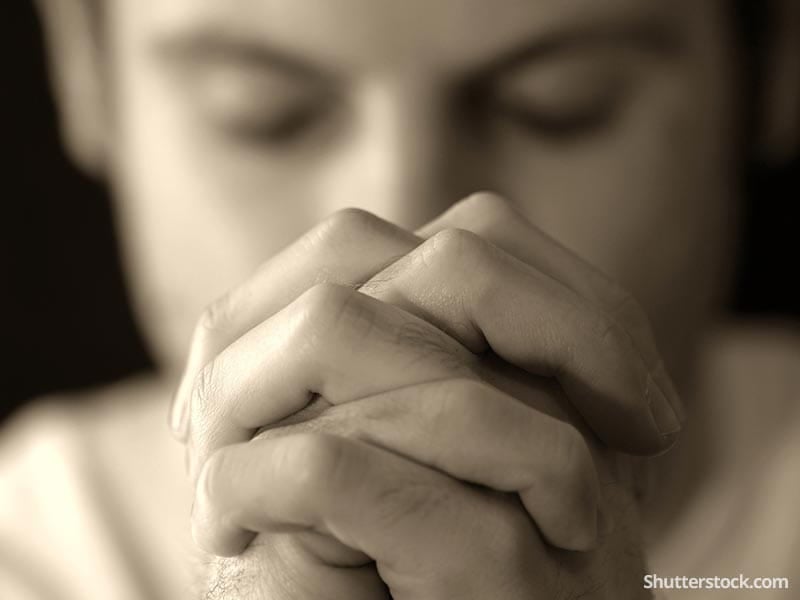Many will recall the thrill of first reading the chapter on "Gifts of Depression" in Care of the Soul where Thomas Moore reframed this widespread experience in light of his spiritual reading of life. In his twelfth book, the author observes that the sadness, confusion, frustration, pain, suffering, loneliness, and loss that many people experience during a dark night of the soul can be catalysts to personal transformation. Or putting this in more creative and metaphoric terms, Moore suggests that we surrender to these trials and tribulations and open to them as we would to a mystery that enchants us. Always practical as well, he challenges us: "Imagine a black sun at your core, a dark luminosity that is less innocent and more interesting than naïve sunshine. This is one of the gifts a dark night has to offer you." Imagination plays a significant role in the soul's expression, and it is emphasized throughout this book.
Moore salutes some important guides to the dark night of the soul: poets Emily Dickinson, Anne Sexton, Wallace Stevens, and Donald Hall; painter Mark Rothko; playwright Samuel Beckett; and authors Oscar Wilde and the Marquis de Sade. He points to Dietrich Bonhoeffer as a theologian who used the dark night of his soul to write a masterpiece about God's activity in times of terror, emptiness, and dread. The world's great religious traditions have an abundance of helpful resources for those experiencing times of inner or external stress and disorientation. We also appreciate the author's inclusion of movies (After Hours), disaster films, mysteries, stand-up comedy, and stories by Zen teachers and Sufi masters as helpmates in the dark night.
A blessing may appear at the end of this unsettling period, Moore writes:
"Perhaps the dark night comes upon you from inside or outside to wake you up, to stir you and steer you toward a new life. I believe this is the message of most religions, and certainly it is the gist of Christianity and Buddhism. Your dark night may be a bardo, a period of apparent lifelessness that precedes a new birth of meaning. Maybe your dark night is a gestation, a coming into being of a level of existence you have never dreamed of. Maybe your dark night is one big ironical challenge, just the opposite of what it appears to be - not a dying, but a birthing."
Among the disturbances that may present new options are lovesickness, marriage, creativity, anger, illness, and old age. Moore delves into the spiritual possibilities in each of these, going way beyond the usual therapeutic bromides included in self-help books. He concludes: "I believe the best way to deal with a dark night of the soul is to use the emotional and intellectual darkness to help you see your own luminosity, to discover exactly how you shine when you are at your best."
We look forward to each new book by Thomas Moore, knowing that he can be counted upon to offer fresh meanings discovered through the depths of experience and expressed in sublime language. He has done it again.

